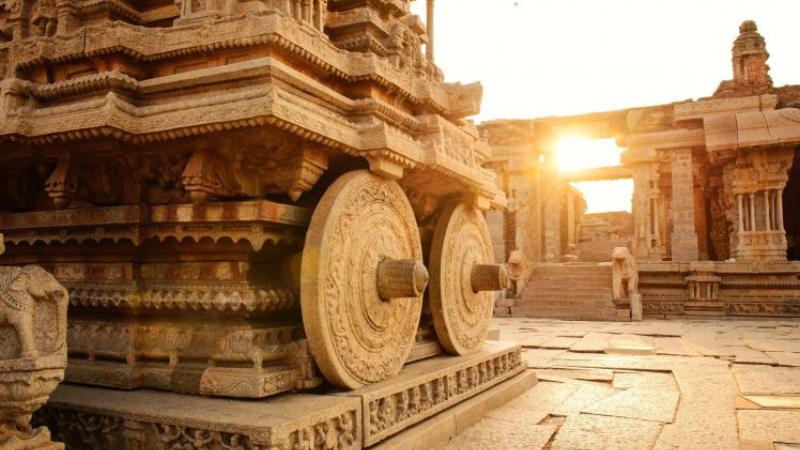
- greensea
- 31 Dec 2024 05:27 AM
- Religion & Spirituality
Pausha Maas: Significance, Festivals, and Worship Practices
Pausha Maas, the tenth lunar month in the Hindu calendar, holds great significance for Hindus. This month, corresponding to December or January in the Gregorian calendar, is marked by the shifting Lunar cycles, which cause the start and end dates of Pausha Maas to vary annually. It is a winter month associated with the Hemant Ritu (cold season). Each Hindu month has unique characteristics, and Pausha Maas is no exception.
What is Pausha Maas and Its Importance?
The names of the Indian months are derived from constellations. Pausha Maas gets its name because the Moon resides in the Pushya Nakshatra during the full moon (Purnima) of this month. The name “Pushya” signifies “nourishing” or “to nourish.” While Pausha Maas is considered holy for spiritual and religious activities, it is deemed inauspicious for ceremonies like marriages, housewarmings, and Mundan rites.
This month is dedicated to the worship of divine deities, with special emphasis on the Sun God. Performing religious rituals and acts of charity during Pausha Maas is believed to bring immense spiritual benefits.
Worshiping the Sun God in Pausha Maas
Worshiping the Sun God (Surya) during this month is considered especially auspicious. According to astrological beliefs, offering prayers to the Sun can lead to positive transformations, particularly for those whose Sun is weak or inauspicious in their horoscope. The Sun, referred to as "Bhaga" in Hindu scriptures, is regarded as the lord of this month.
Prayers to the Sun God during Pausha Maas are believed to improve respect, health, and honor, while also ensuring prosperity throughout the year. Devotees often offer Arghya (water offerings) to the Sun daily, along with fasting. Rituals involve pouring water mixed with red sandalwood and red flowers into a copper vessel and chanting the mantra "Om Adityaya Namah" for enhanced benefits.
Festivals and Observances in Pausha Maas (2024-2025)
- Pushya Masam Duration: December 31, 2024 – January 29, 2025
- Sankatahara Chaturthi: January 17, 2025 (Moonrise at 8:57 PM IST)
- Putrada Ekadashi: January 10, 2025
- Shattila Ekadashi: January 25, 2025
- Pushya Purnima: January 13, 2025 (5:03 AM on Jan 13 – 3:57 AM on Jan 14)
- Shakambari Purnima and Shakambari Jayanti: January 13, 2025
- Magh Snan begins on this day.
- Pushya Amavasya: January 29, 2025 (Amavasya begins at 7:36 PM on Jan 28 – 6:06 PM on Jan 29)
- Mauni Amavasya and Thai Amavasya: January 29, 2025
Important Festivals in Pushya Masam
- Bhogi: January 13, 2025
- Makar Sankranti: January 14, 2025
- Banadashtami: January 7, 2025
- Banashankari Navratri: January 7–13, 2025
Pausha Maas stands out as a month of spiritual reflection and devotion, particularly with its focus on worshiping the Sun God. This practice is believed to bring positive energy, success, and health into one’s life. While it is considered inauspicious for major ceremonies, the month offers ample opportunities for spiritual growth and acts of charity, making it a significant time for Hindus.





































